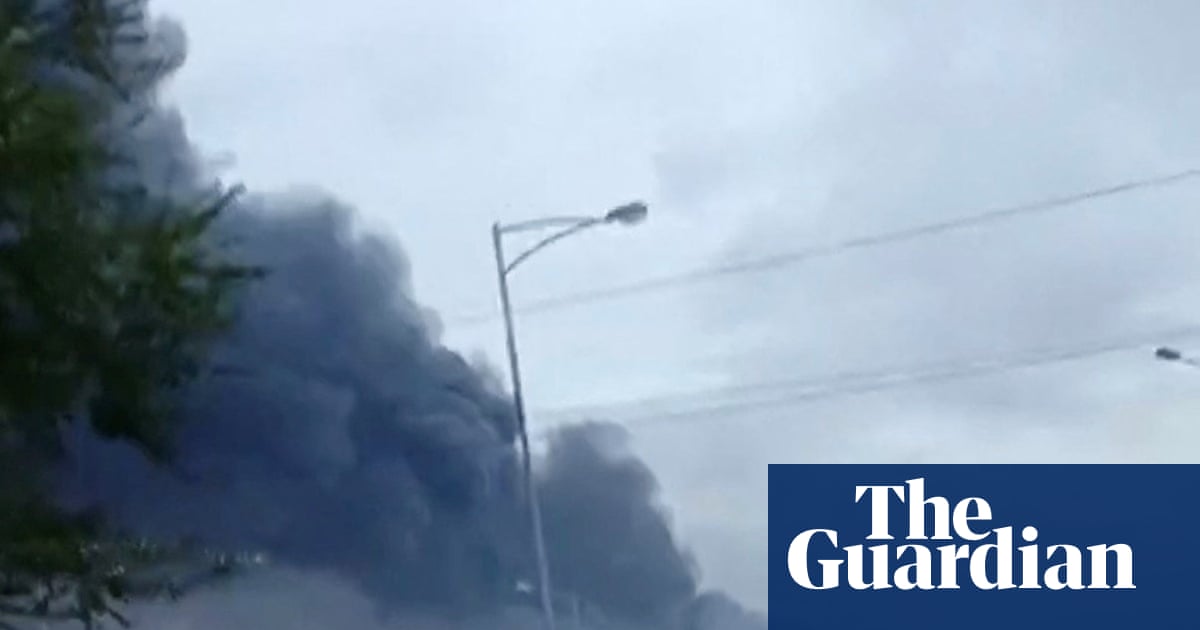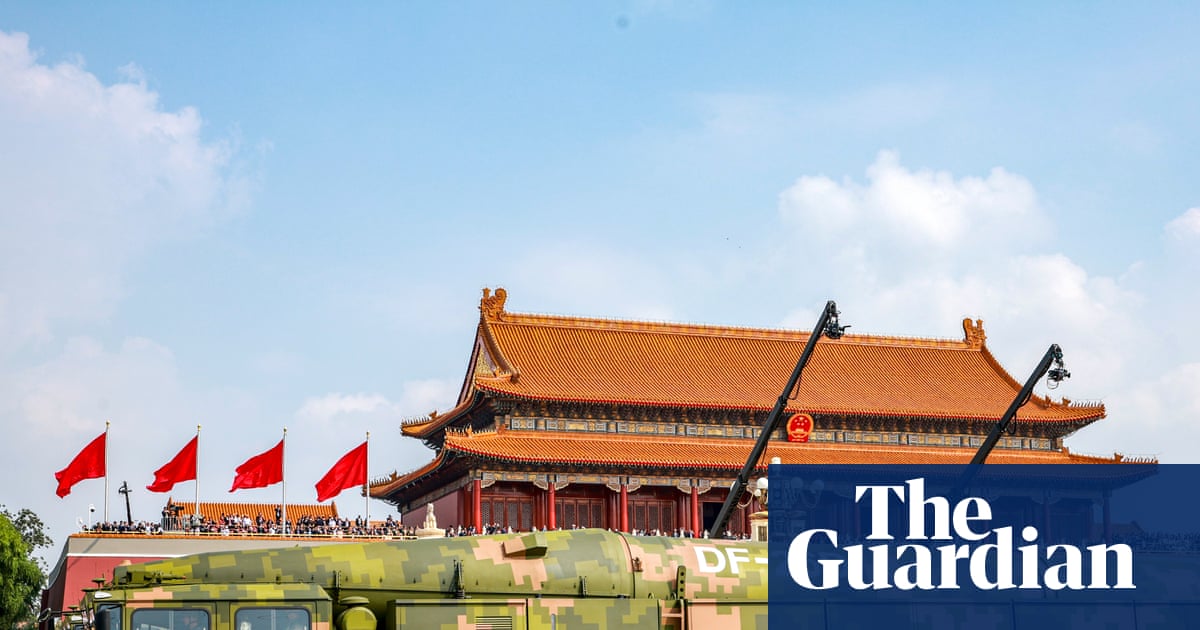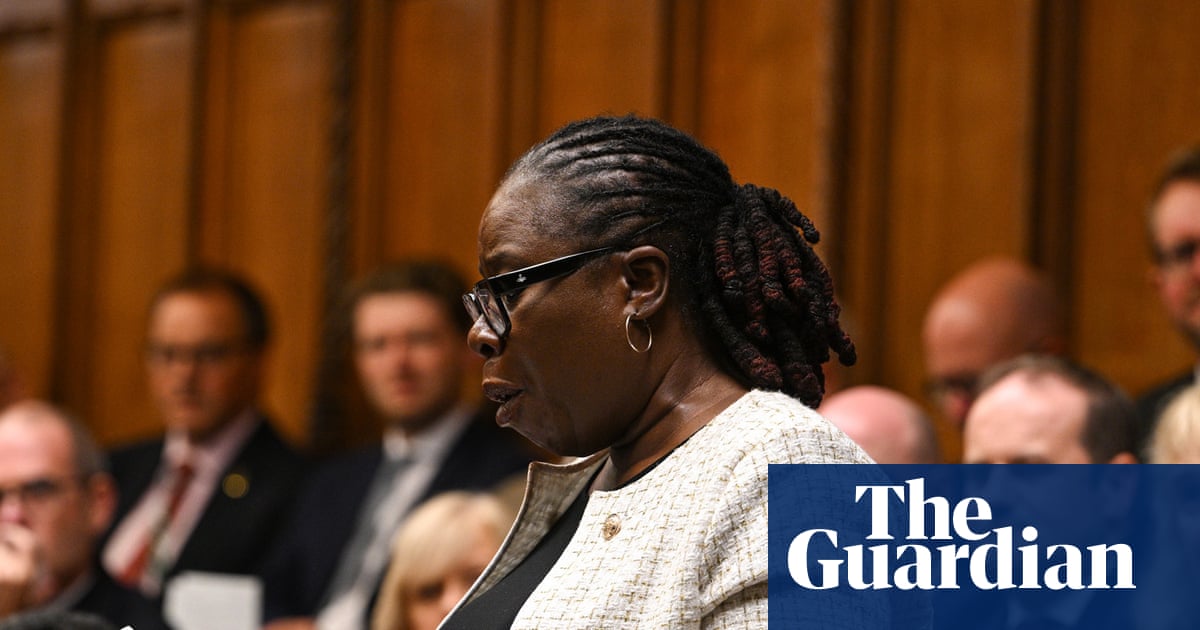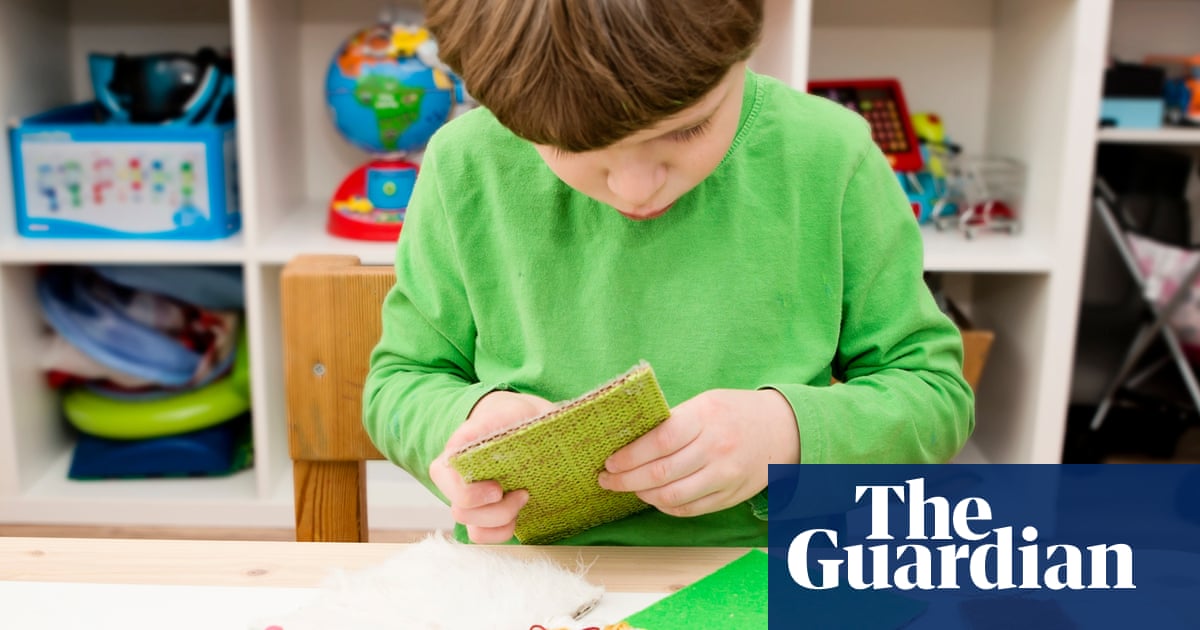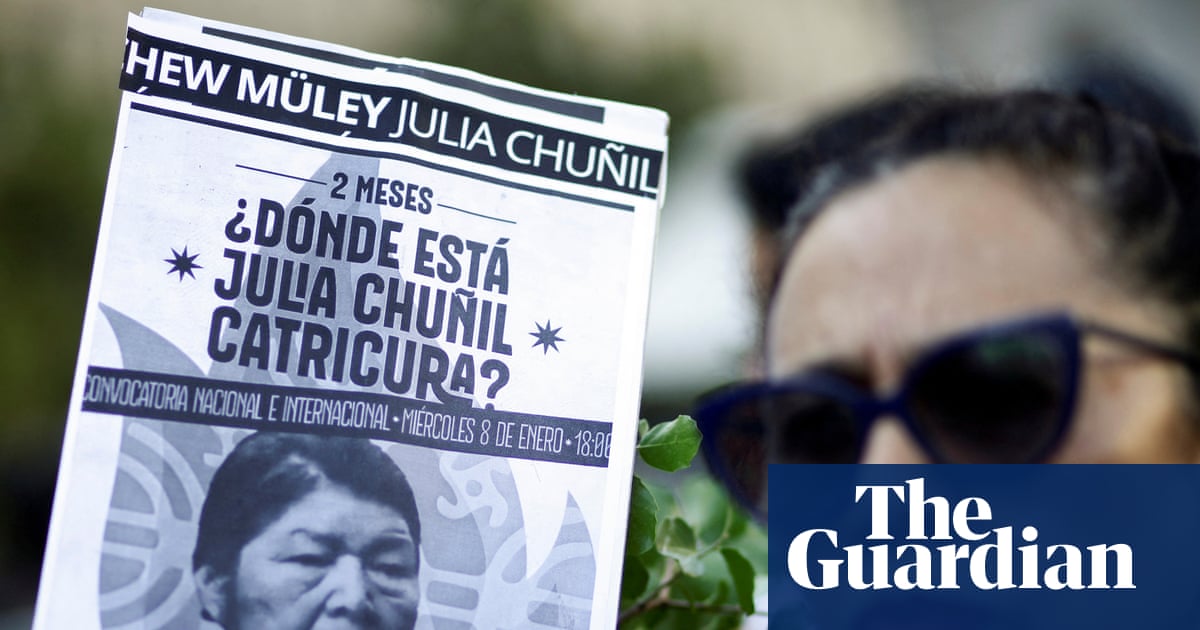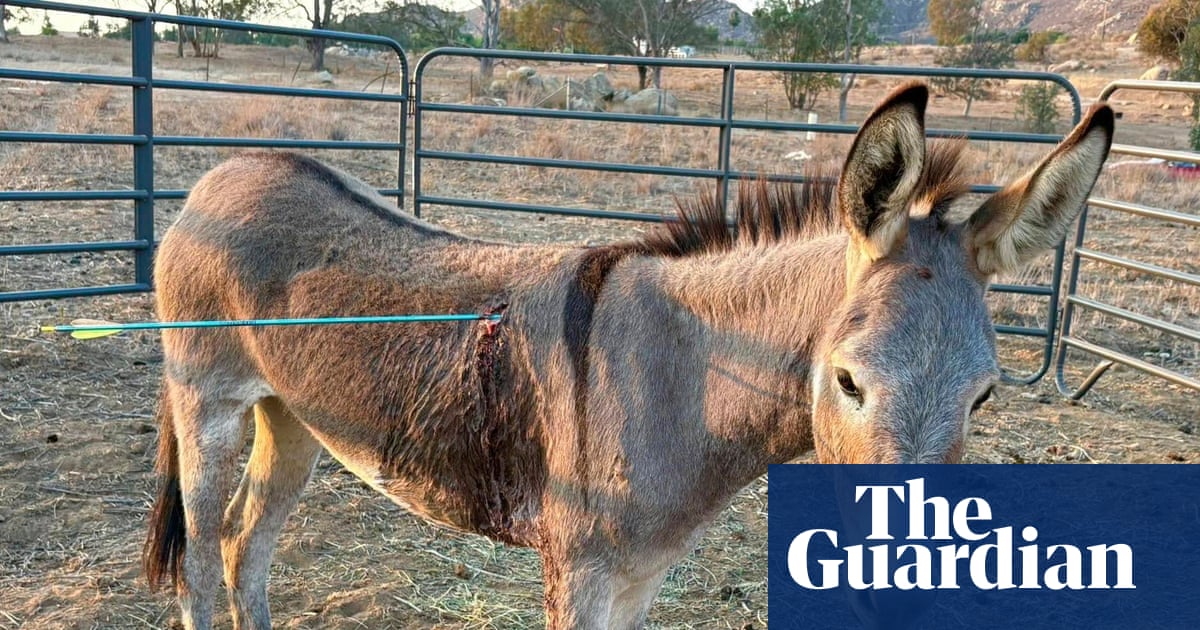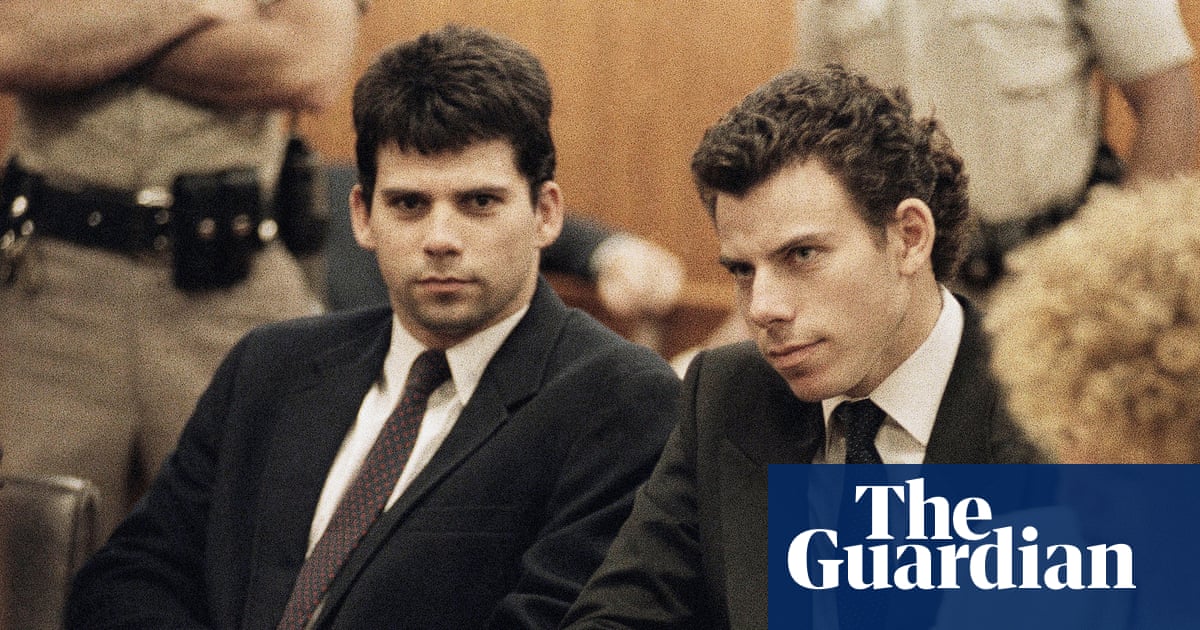Lana Estemirova was 15 in 2009, when her mother, the renowned Chechen human rights activist Natalia Estemirova, was kidnapped and murdered. Bundled into a car as she walked to the bus stop on her way to work, she was driven out of town and then shot five times in the chest and head.
The killing was widely seen as retribution for Estemirova’s fearless investigations of extrajudicial murders, kidnappings and human rights abuses in Chechnya, first by Russian soldiers and then by forces loyal to the Kremlin-appointed warlord, Ramzan Kadyrov. Nobody was ever prosecuted for the crime.
Three years later, Lana, Natalia’s only child stood at her mother’s grave and made two promises: firstly, that she would never take needless risks and would ensure her own future children led boring, stable lives; and secondly, that she would write a book about her mother, to ensure that “she will be remembered and her killers will fade like ghosts”.
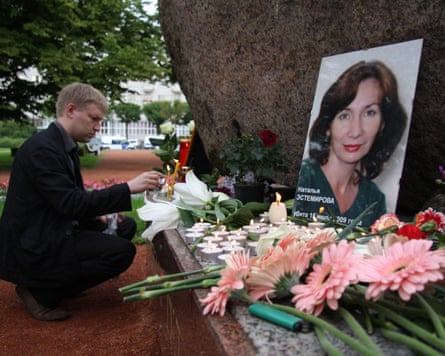
After nearly a decade of work, that book will be published later this month. Its title, Please Live, refers to one of the many text messages Lana sent her mother after she went missing, before the news came that she had been killed. Lana also appears in a documentary film about her mother, entitled Natasha, that is released this month.
“I made that promise on my mother’s grave when I was 18 years old, the idea that I need to tell her story. More than a decade later, I am able to say: ‘Yes, I fulfilled this promise and fulfilled this duty as a daughter to my mother,’” said Lana, in an interview from Portugal, where she now lives.
The powerful book is a guide to Chechnya’s recent, bloody history, and a coming-of-age memoir with a twist, detailing the suffocating constraints and the warm generosity of growing up in traditional Chechen culture, with the backdrop of war and terror regularly making itself felt.
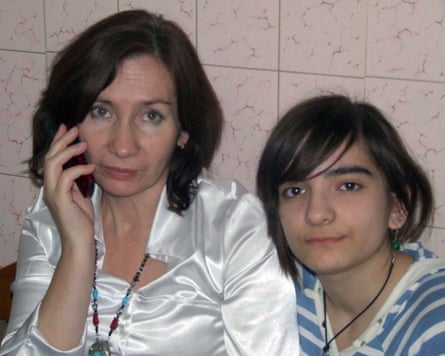
It also gives an account of the relationship between Lana and her mother, who was absolutely devoted to her work. Natalia Estemirova had been a history teacher, with no connections to the human rights or dissident world, but had become transfixed by the need to help people. “She couldn’t walk past a situation and pretend it’s not happening. There was this gap that nobody wanted to step into, and she decided to fill that gap,” said Lana.
She writes how on one occasion her mother sliced open one of her favourite cuddly toys and sewed it back up with tiny videotapes inside – that held footage from the aftermath of atrocities – to be able to get them through checkpoints.
Lana examines the sacrifices that her mother made in her home life in order to continue working on sensitive cases, even after friends and associates were threatened or killed. These included the journalist Anna Politkovskaya, who was shot dead in the entrance to her apartment building two years earlier.
Although Estemirova was a devoted and loving mother, she was unwilling to leave the dangerous work, and Lana writes of the anger she felt as a teenager and the sense of injustice as to why it was her mother, and not other people, who had to make all the sacrifices.
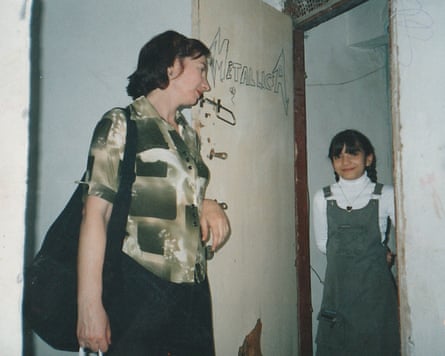
“What devastated me was this sense that we just never had our chance, and that she gave away so much of herself to other people, to the victims of all these terrible crimes, that there was not enough left for us,” said Lana.
Natasha, a new documentary film about Estemirova which will premiere this weekend, also explores this question. “Once you have a direct threat against you and you know you can be killed, I was interested in what drives you, why don’t you stop,” said Mark Franchetti, the co-producer and co-director of Natasha.
Franchetti met Natalia Estemirova when he covered the Chechen wars as a journalist for the Sunday Times. At the time, she was a regular port of call for journalists covering the aftermath of the two brutal wars in the country, working from the Grozny offices of the organisation Memorial, and one of the few people still working on sensitive cases as Kadyrov unleashed violence and terror to bring society into line.
After a career covering terrible atrocities in war, Franchetti said he decided to make the film because he wanted to cover the story of someone who refused to look the other way. “Every conflict, amid all the evil, brings people to the surface who are the best of humanity. She was just an ordinary schoolteacher and she becomes this remarkable figure,” he added.
After her mother’s murder, Natalia’s former colleagues helped Lana to move to Britain, where she studied. She married, and last year had a daughter of her own, whom she has called Natasha – the affectionate form of her mother’s name.
Kadyrov is still in charge of Chechnya, and has dispatched his forces to aid Russia’s war in Ukraine. Lana said she saw “many parallels” between the fate of Mariupol and Grozny, and also said that Chechnya’s broken society should serve as a cautionary tale.
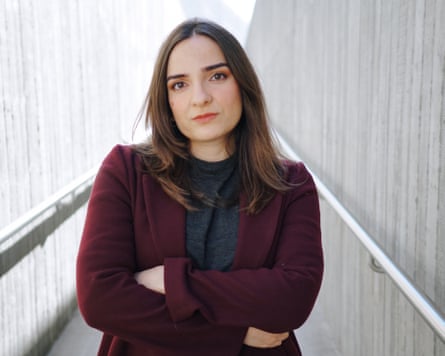
“Putin and Kadyrov completely crushed the spirit of ordinary Chechens. I think that’s the lesson of what will happen to many Ukrainian regions if they are allowed to be retained by Putin. It’s important to learn not just from Chechnya’s past but also Chechnya’s present,” she said.
Over the years, as the voices standing up to Kadyrov’s crimes have become fewer and quieter, Lana has come to view her mother’s life choices with acceptance and pride. “I needed this time to understand that I fully accept all of my mother’s choices. They really made her the person she was. She was a free person in an unfree world. She lived without fear, even if she felt it deep inside, and that’s why it was possible for her to stand up to all those thugs. She didn’t want to live in fear or compromise with her conscience,” she said.
It was hard growing up with the feeling that her mother was so devoted to her work that there was not as much space to spend time together as Lana would have liked, but that is something she has also come to terms with. “I’ve had a lot of time to think about it, that if everyone who fights for freedom were to pick their family first I guess there would never be any progress,” she said.
Please Live: The Chechen Wars, My Mother and Me by Lana Estemirova, is published by John Murray on 19 June
Natasha, a film by Andrew Meier and Mark Franchetti, will premiere at the Tribeca film festival on 8 June

.png) 3 months ago
60
3 months ago
60
